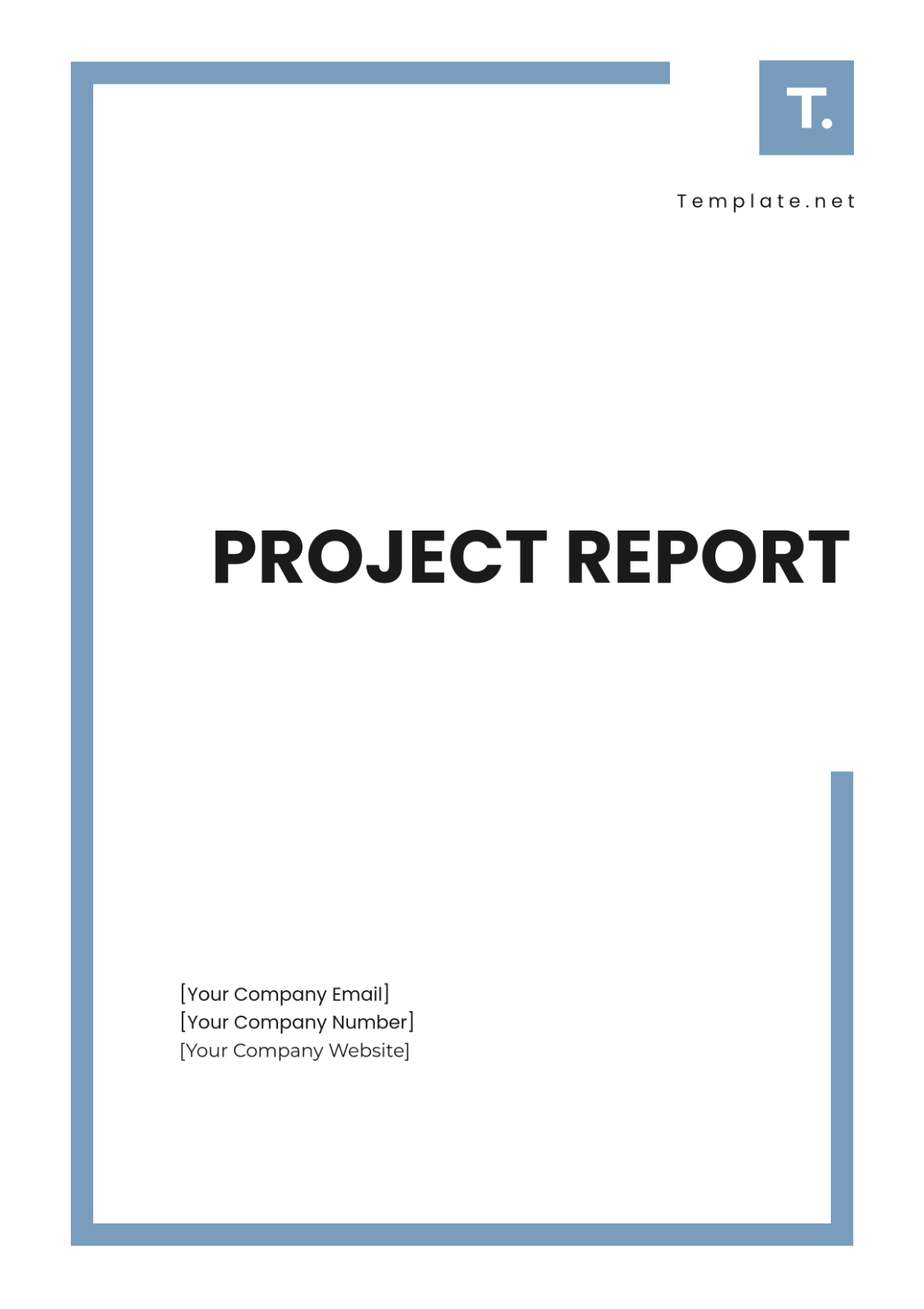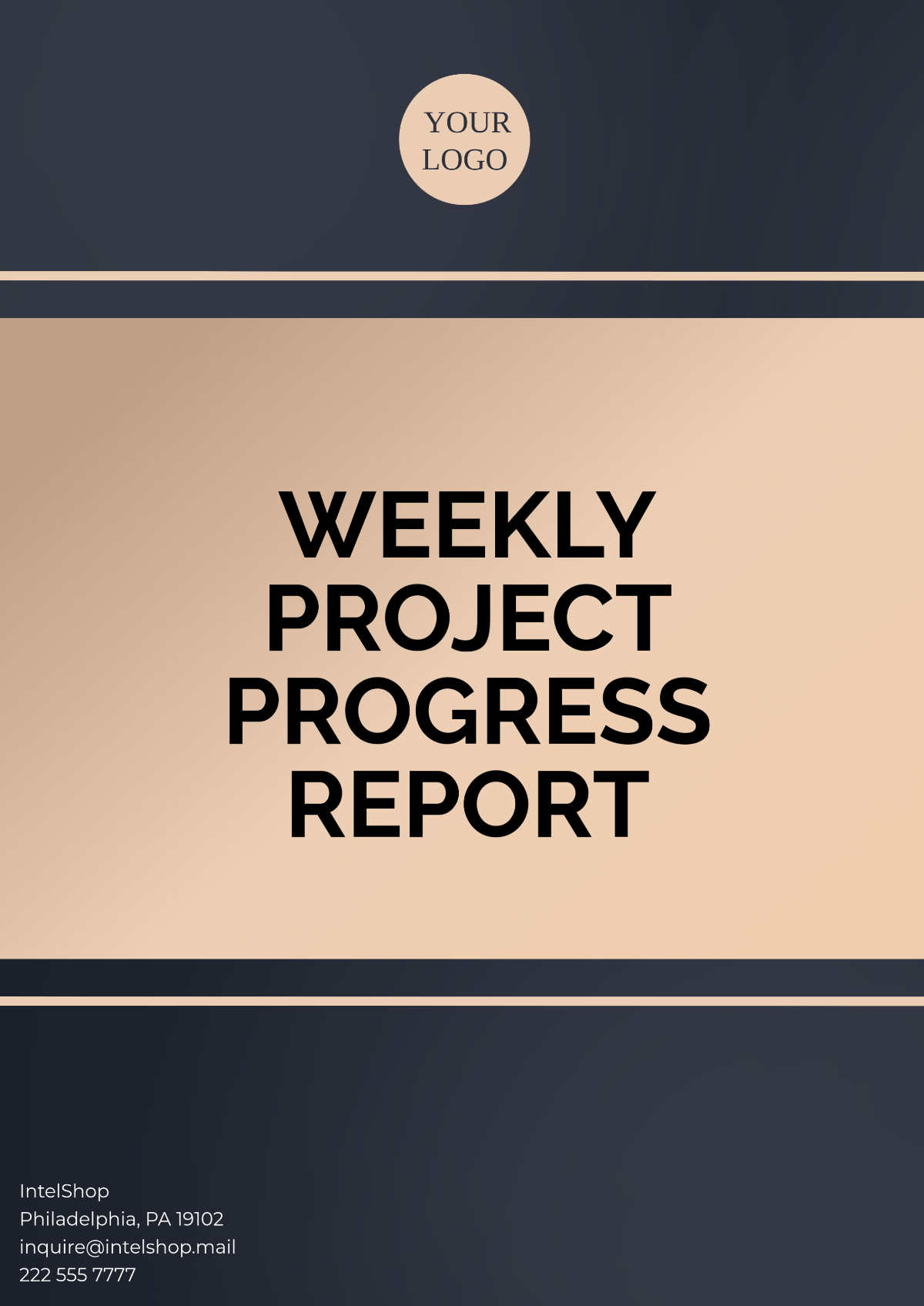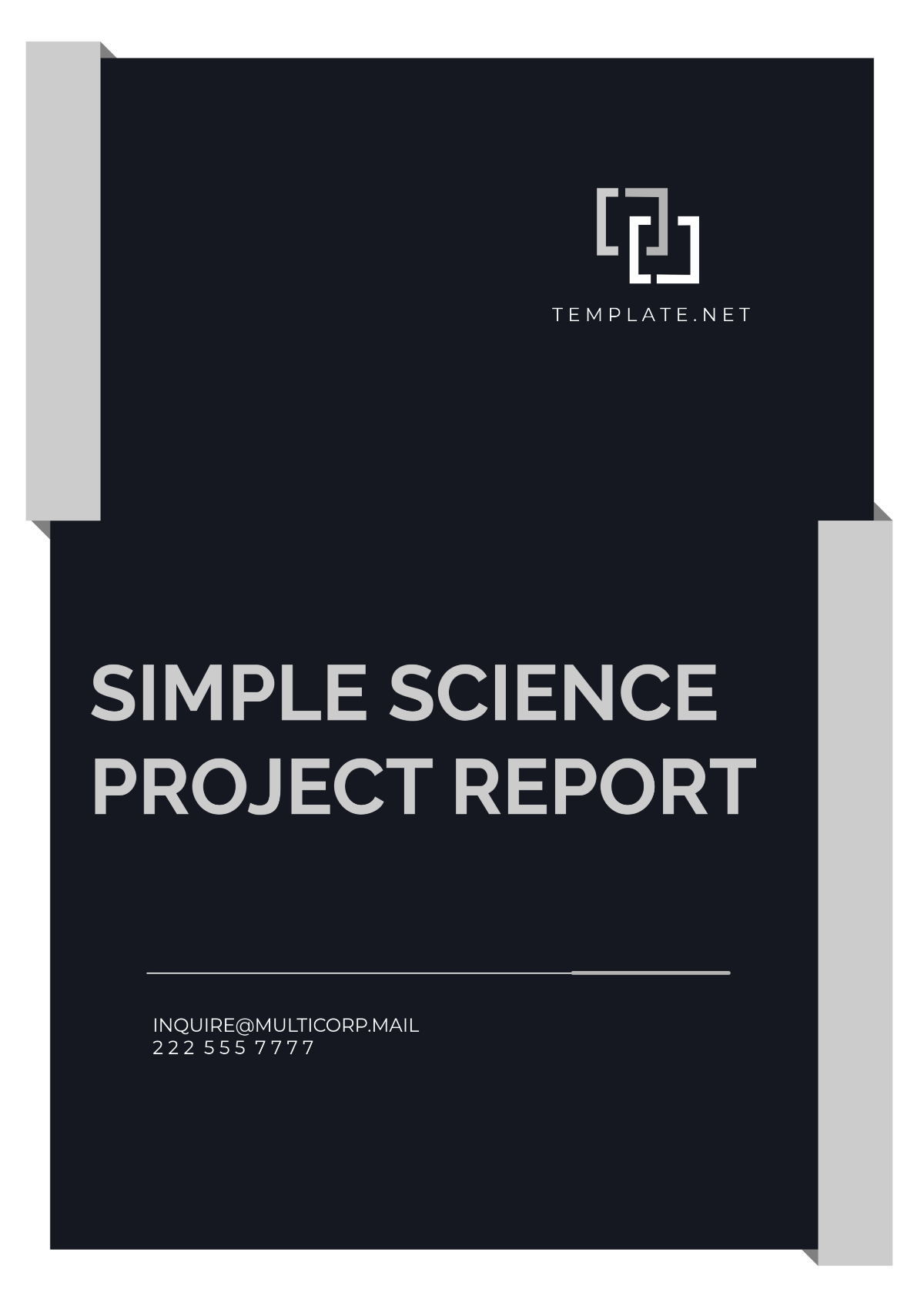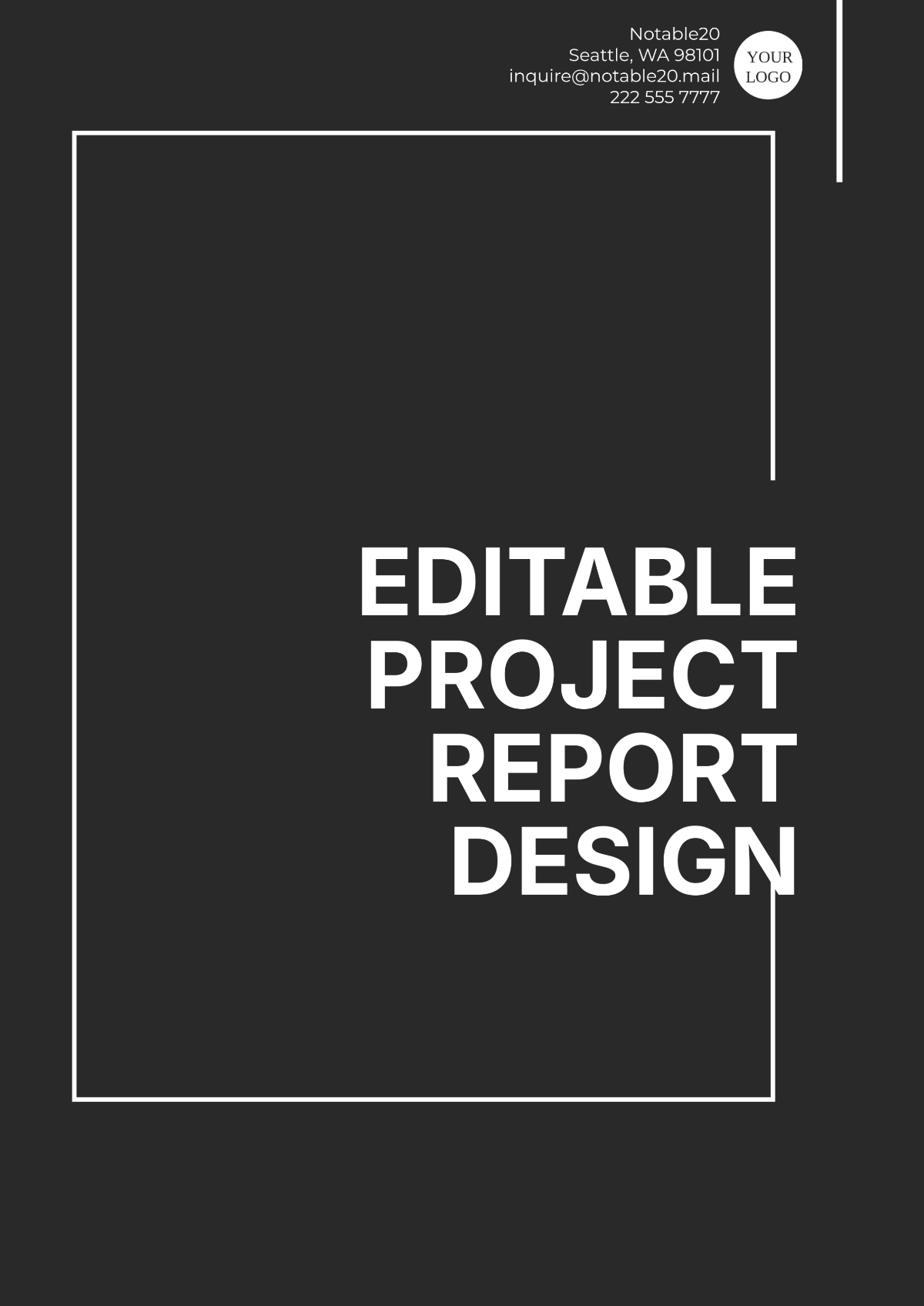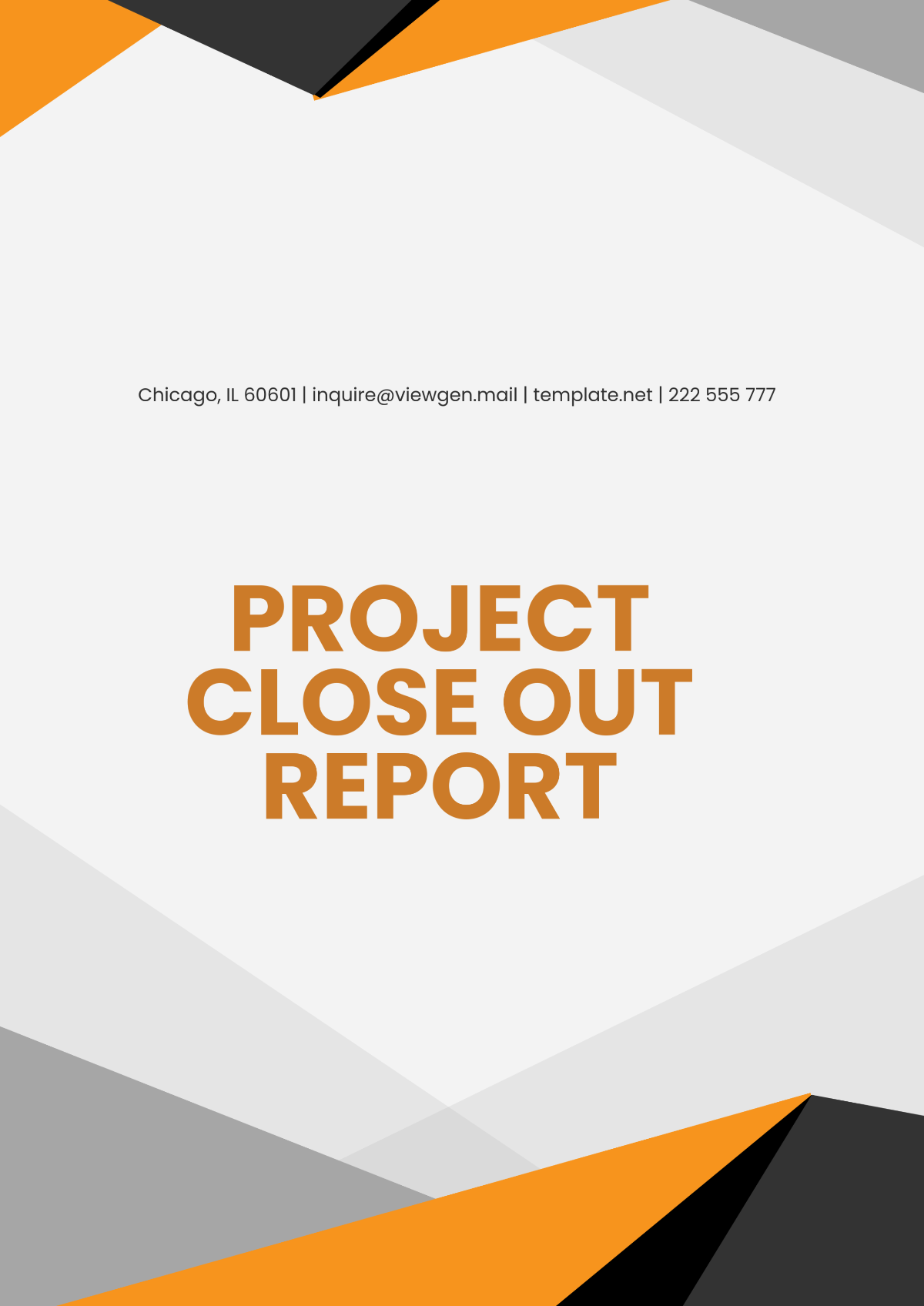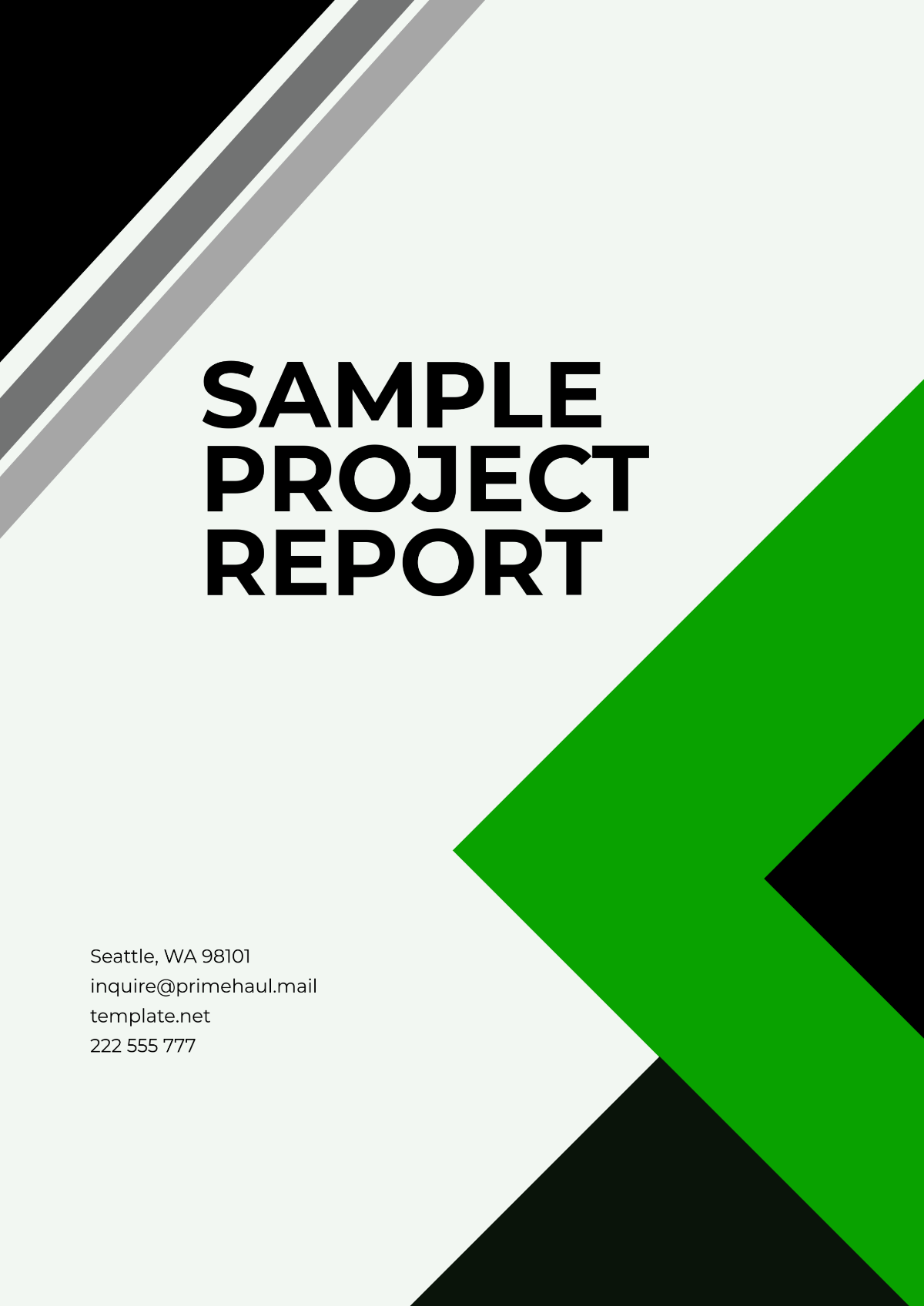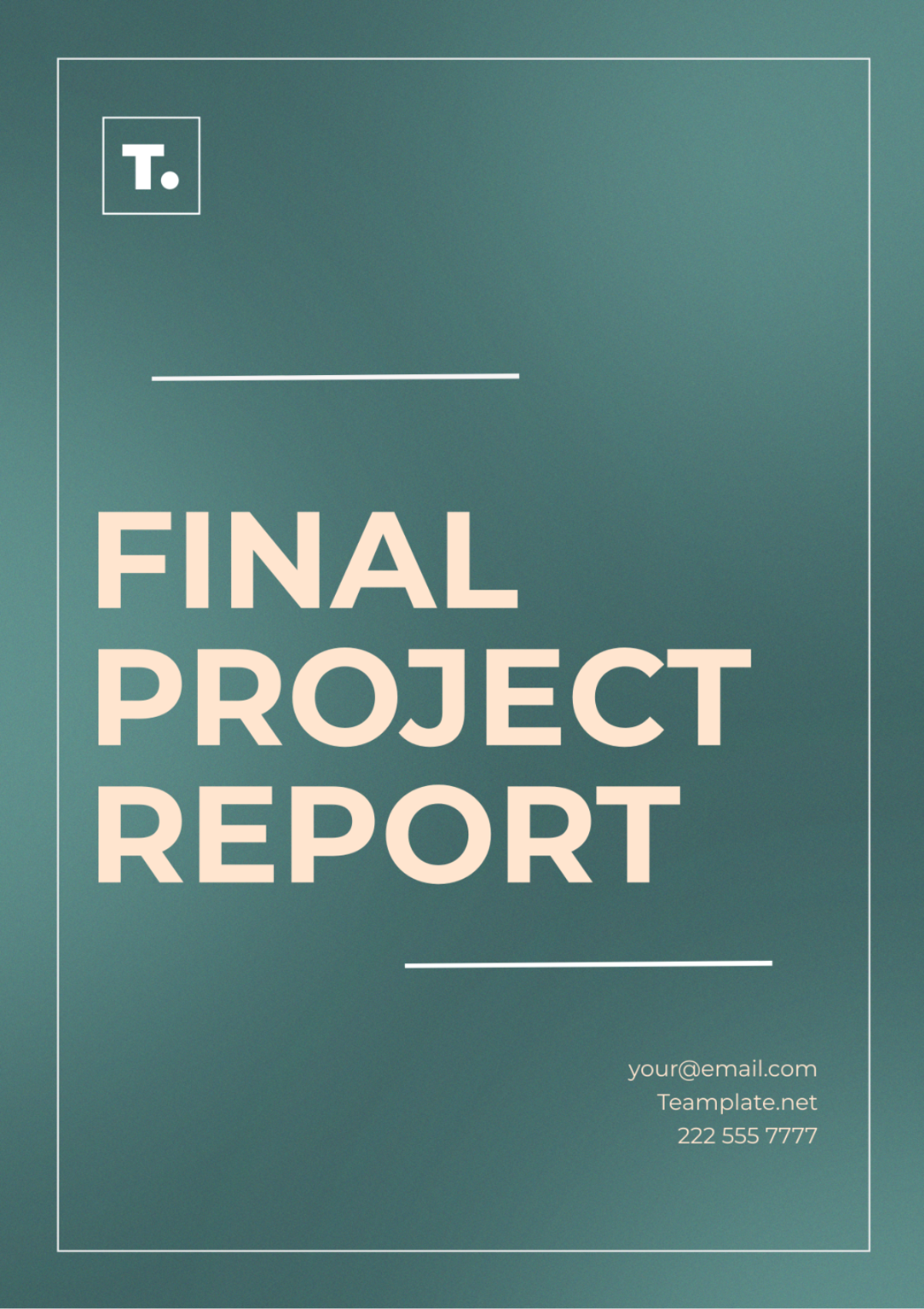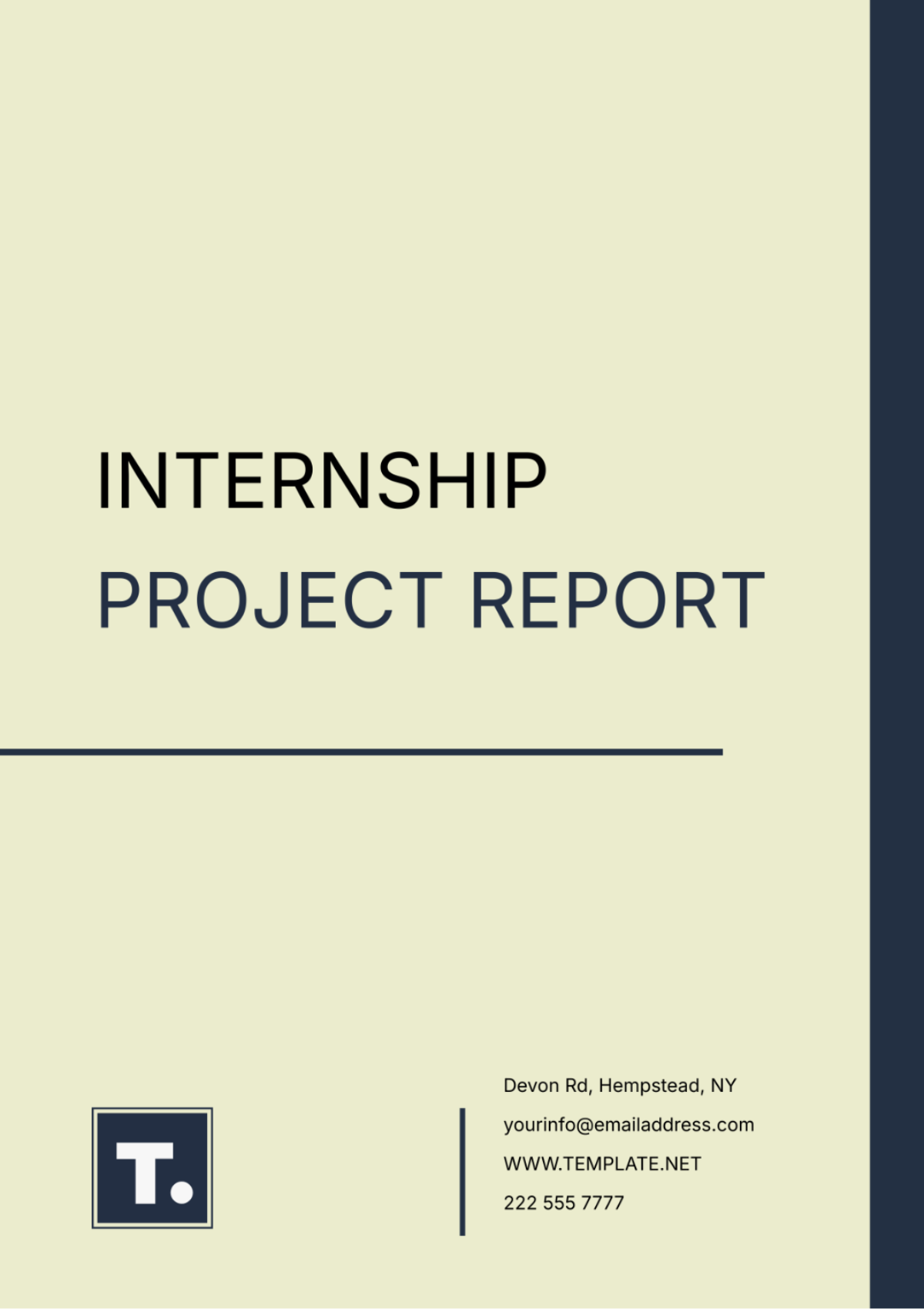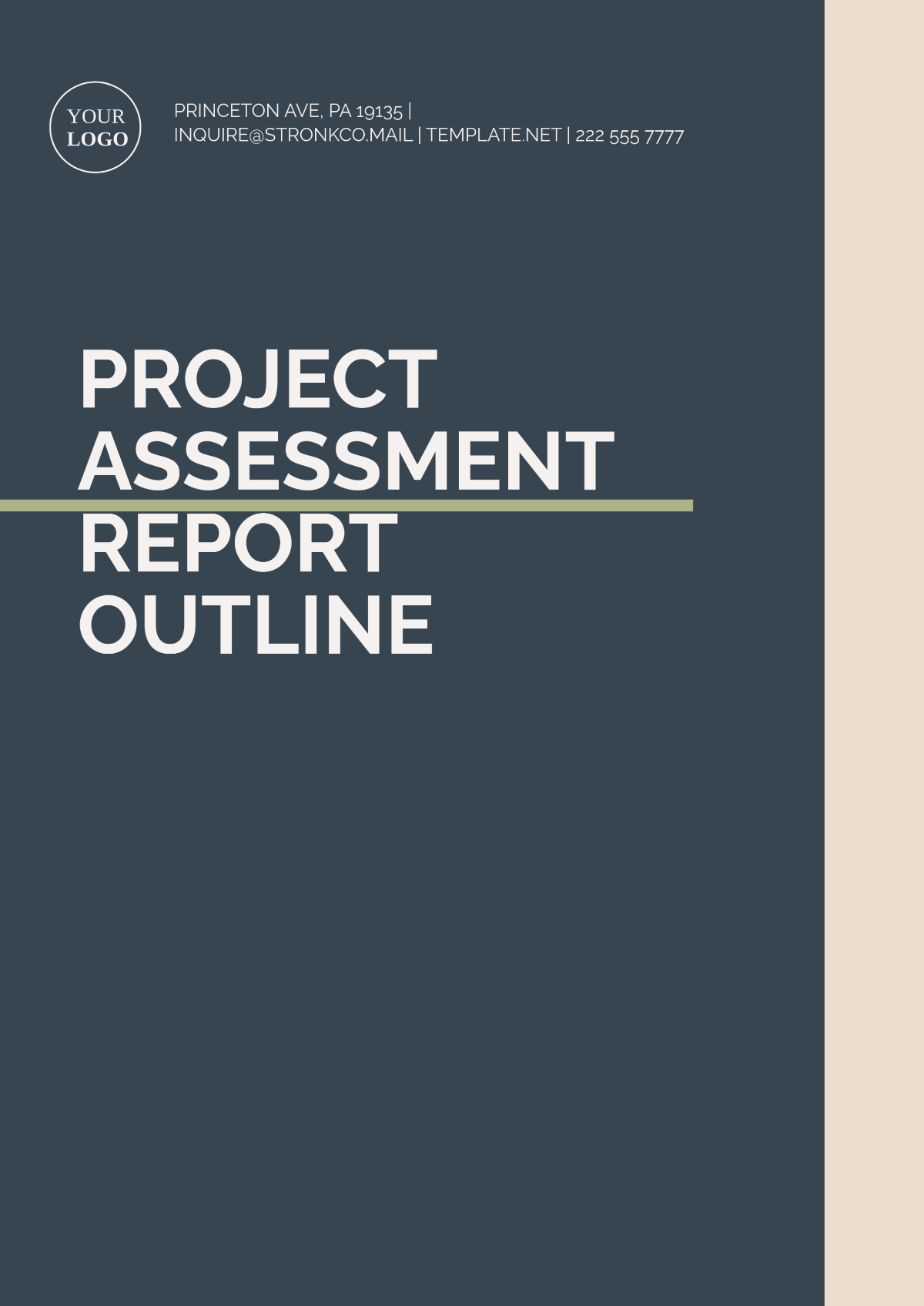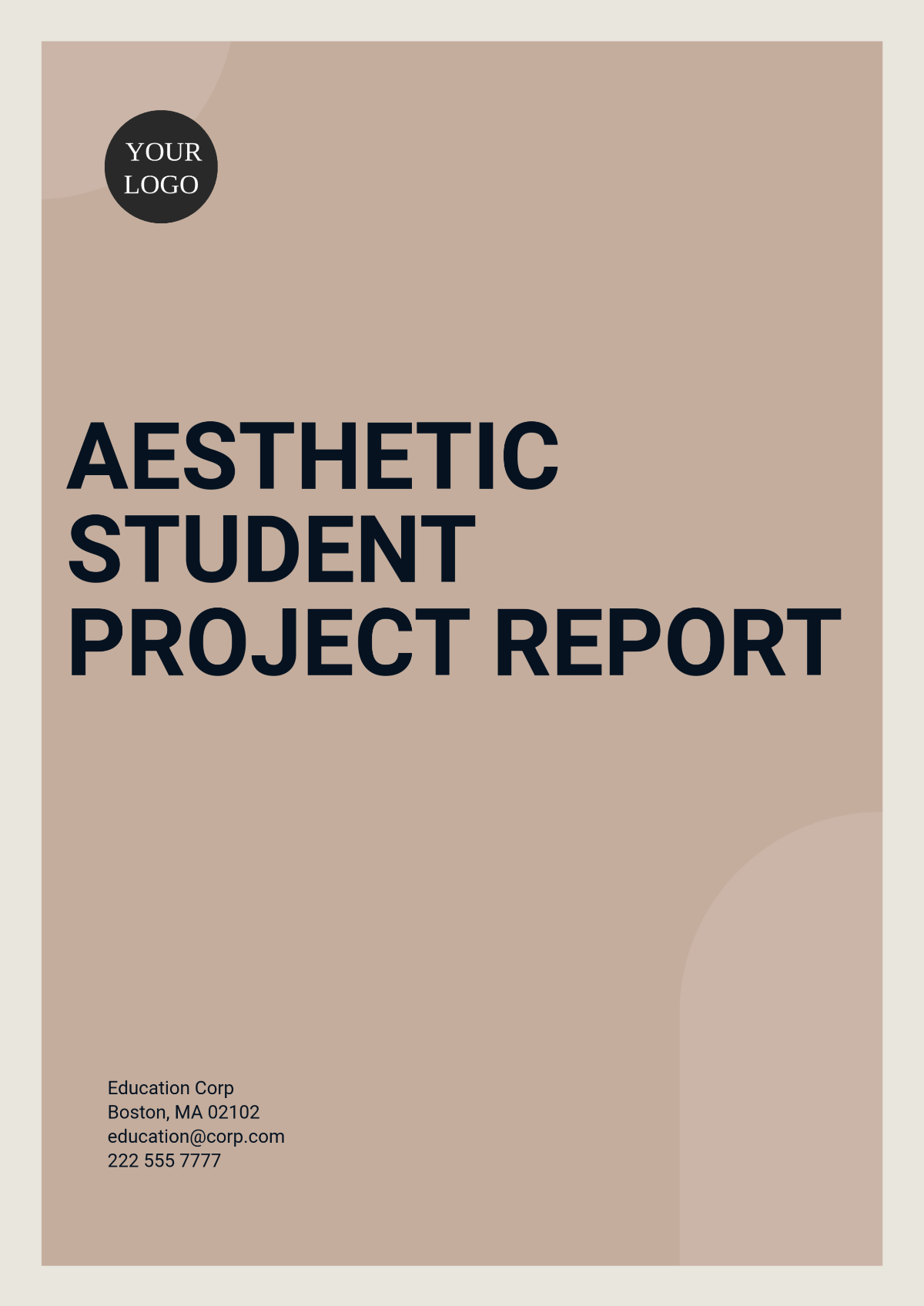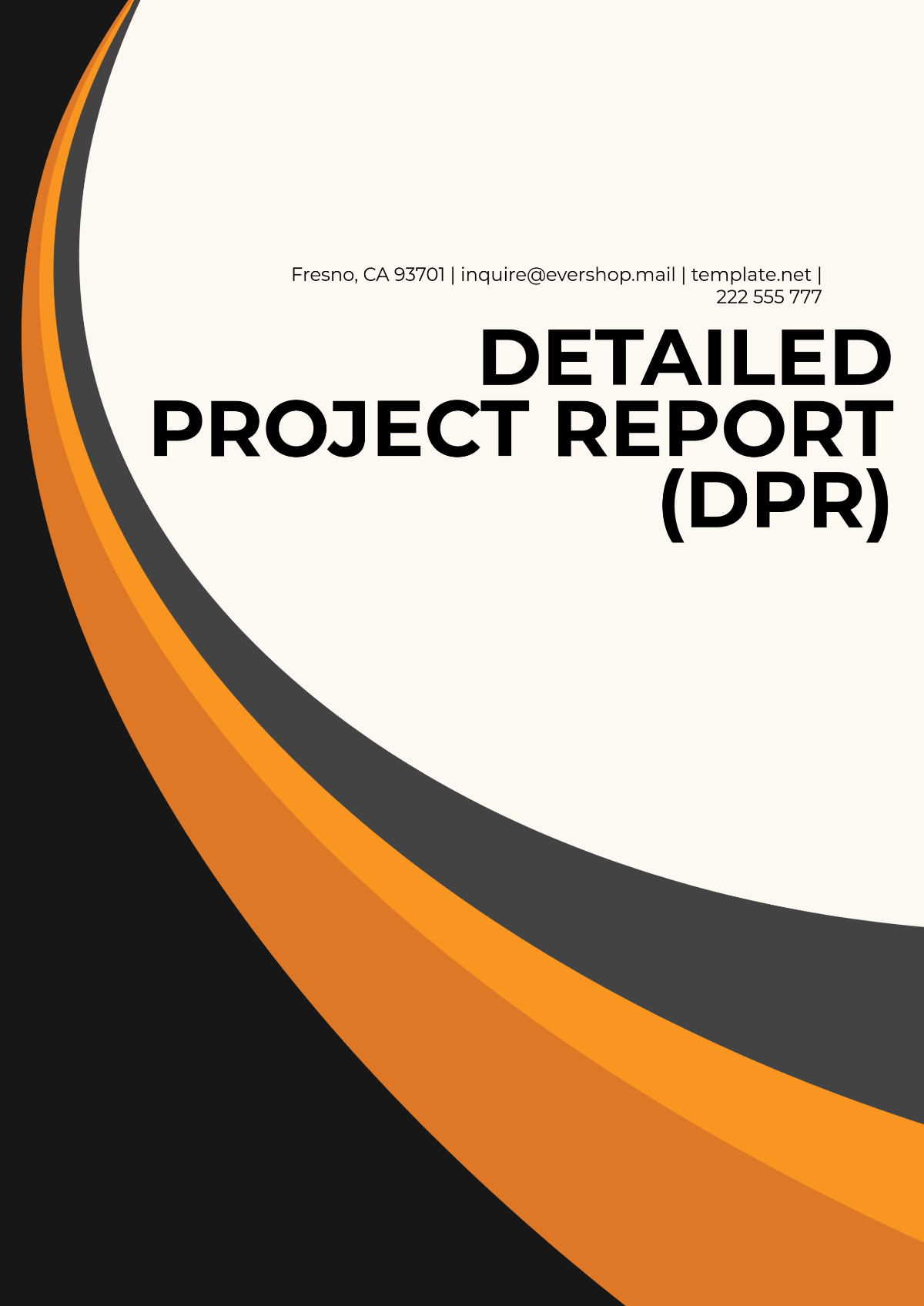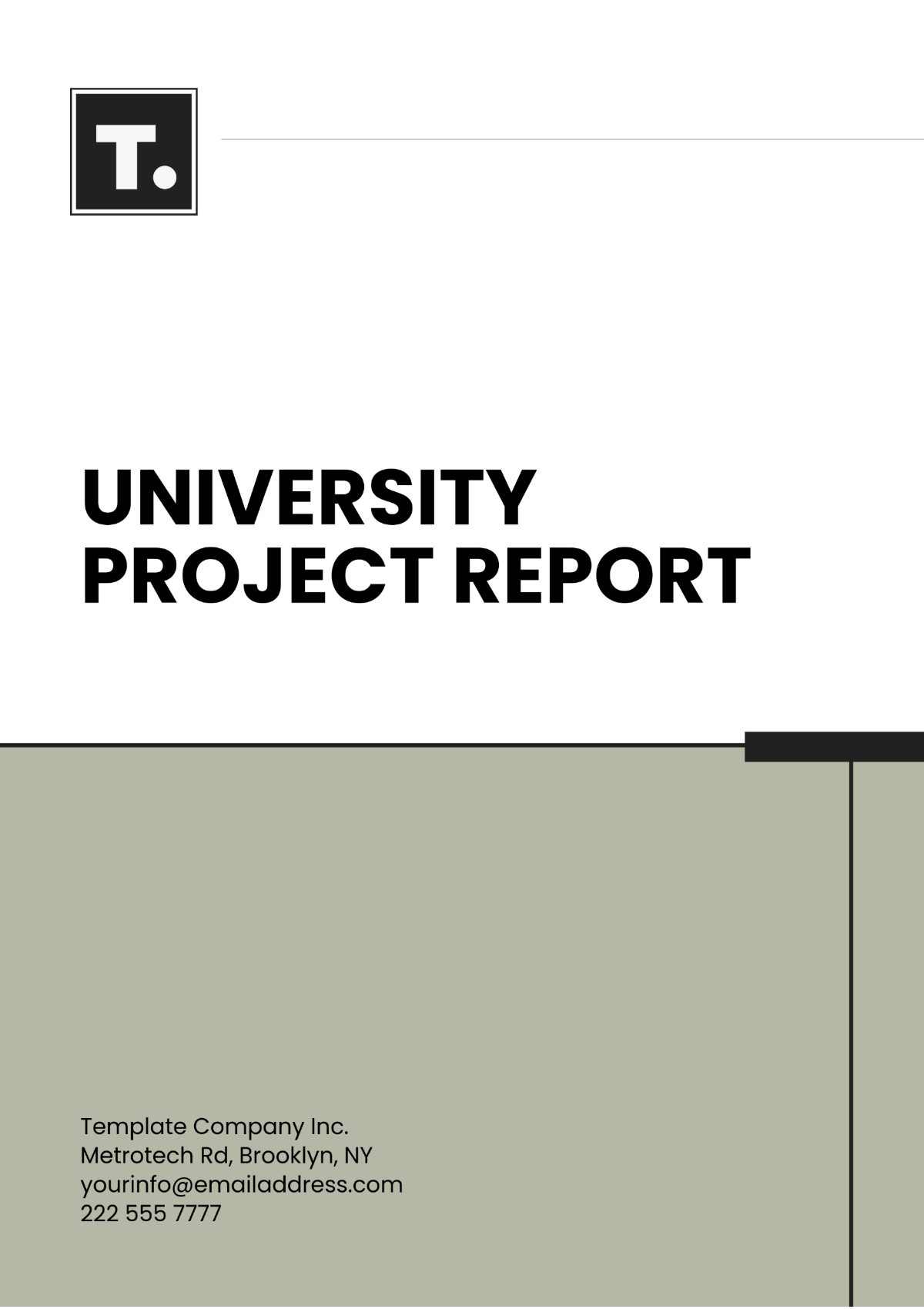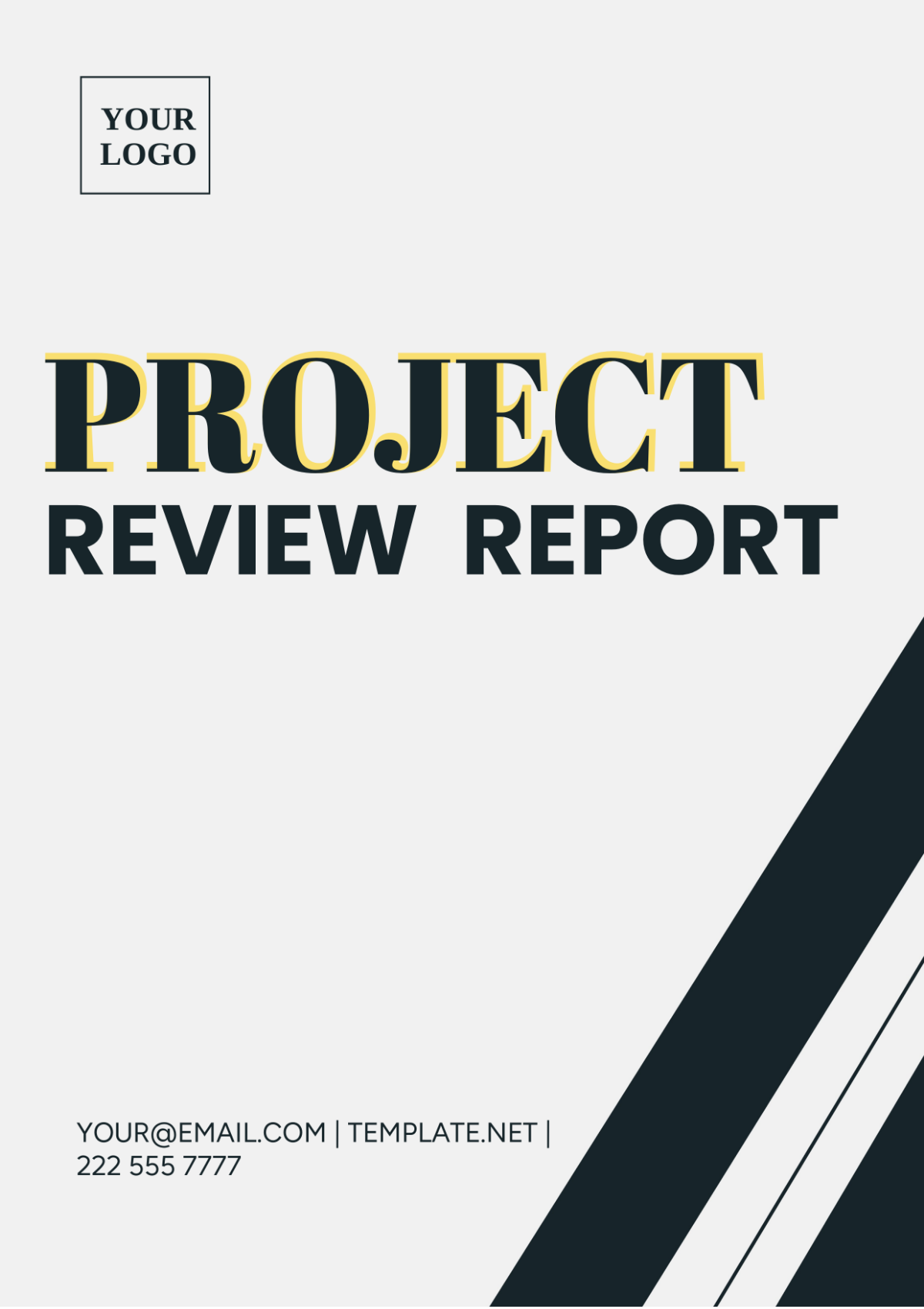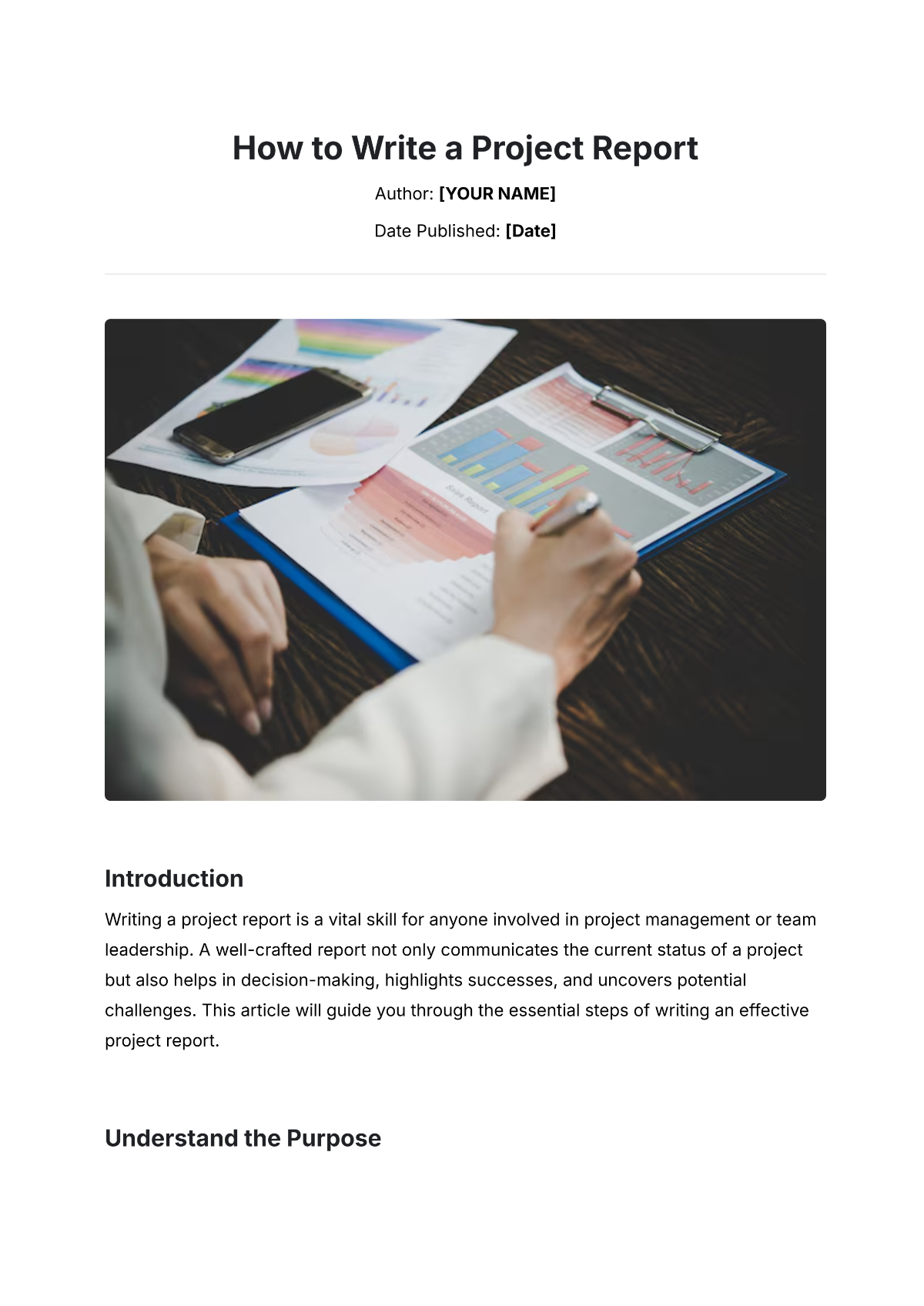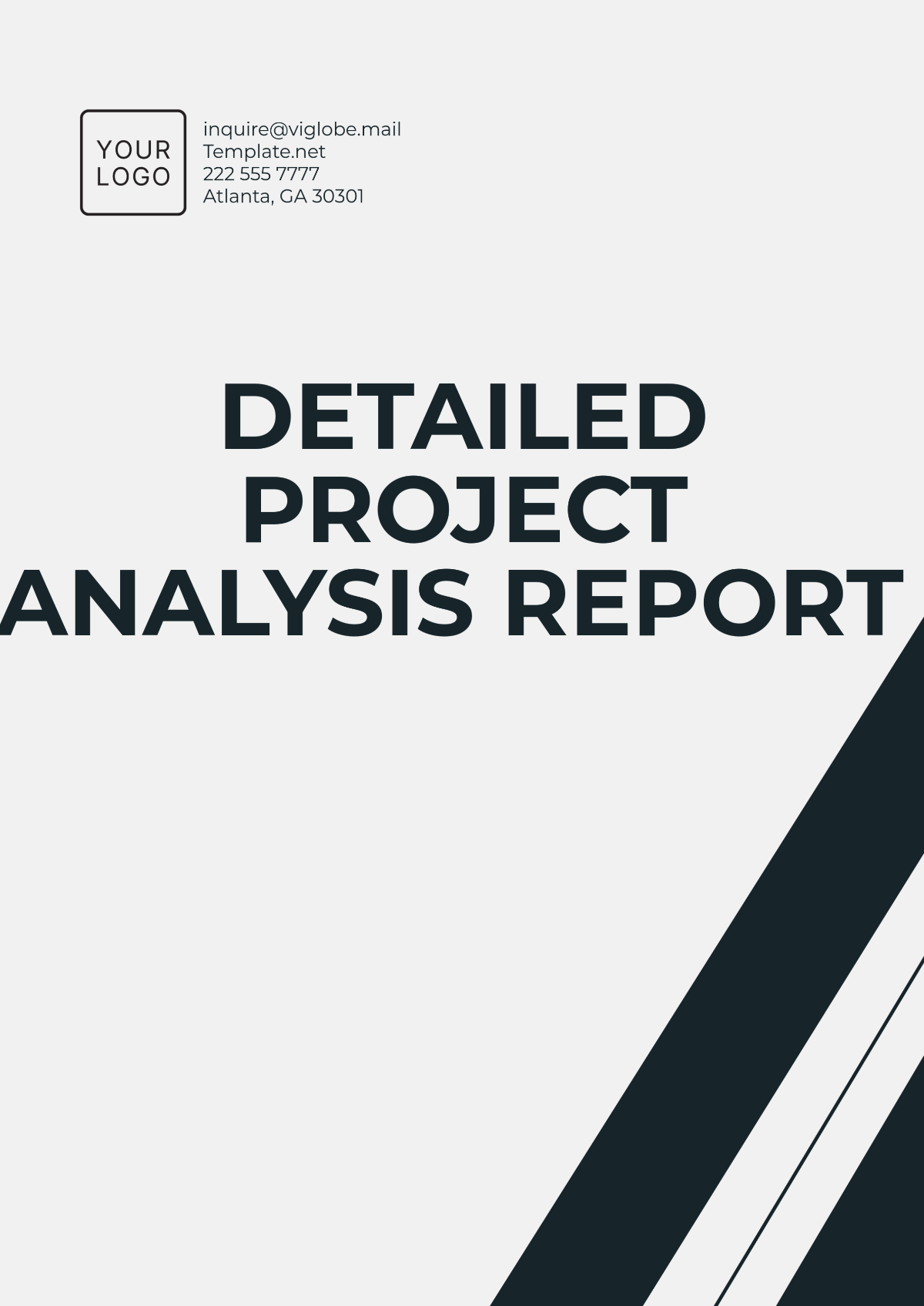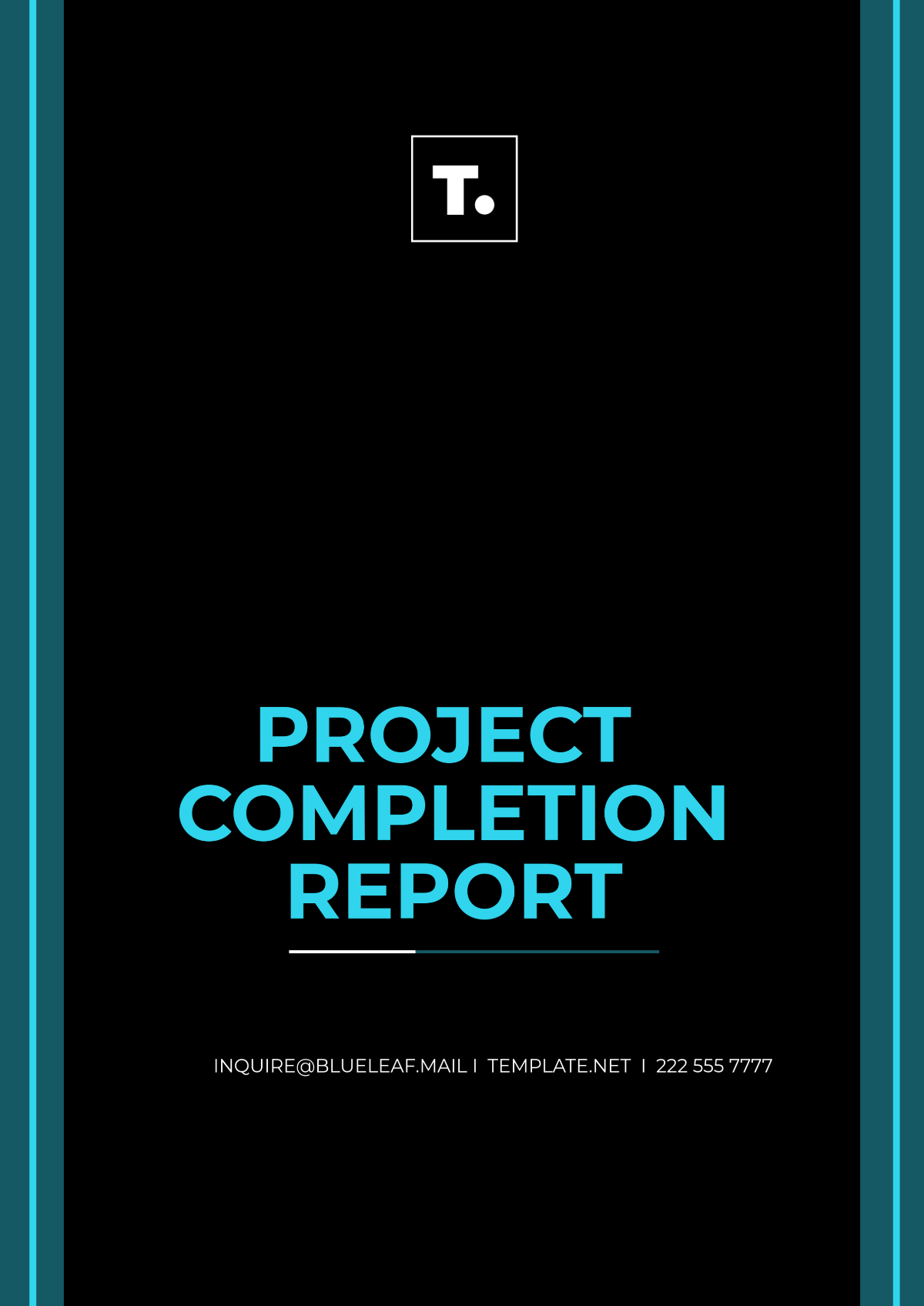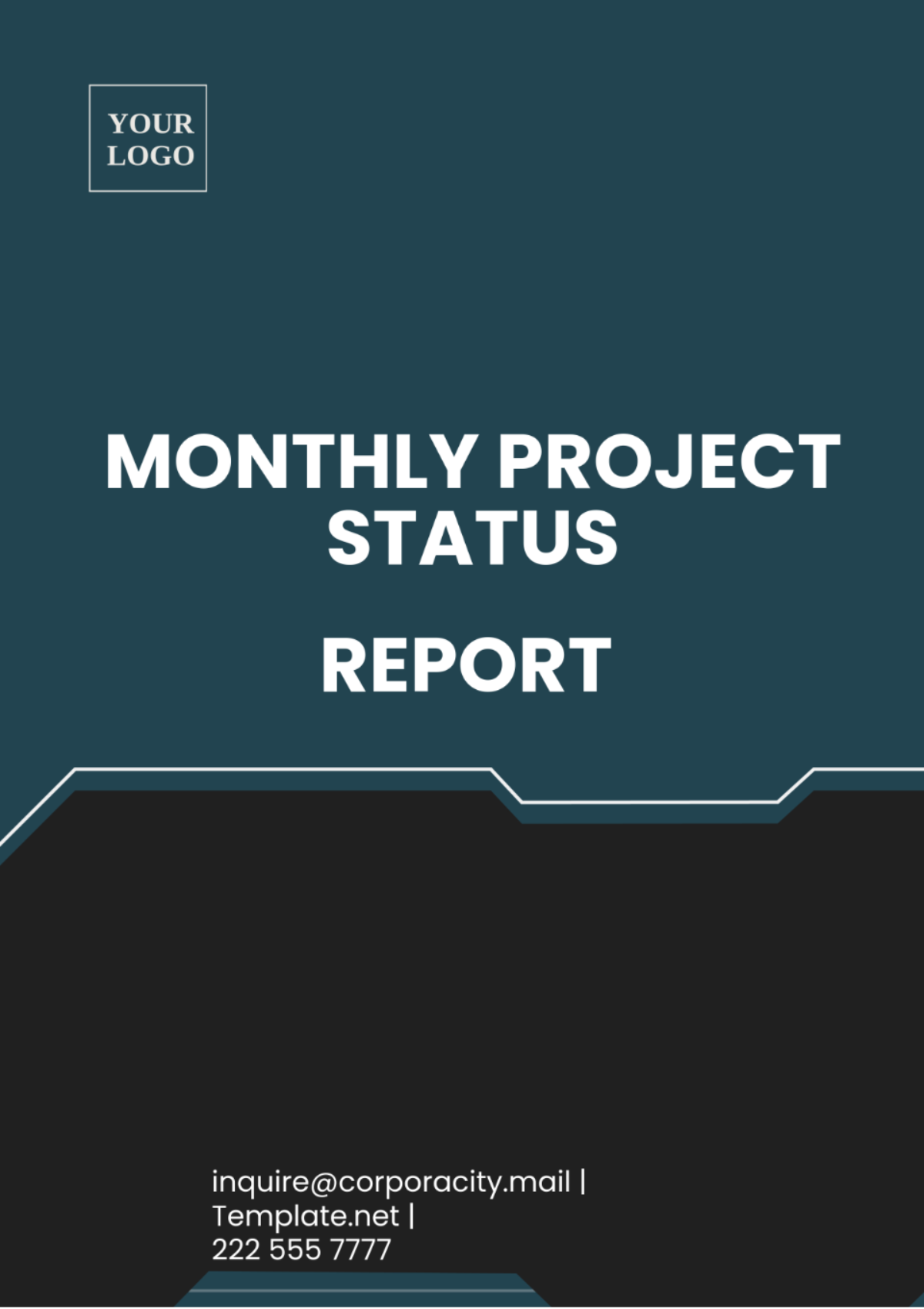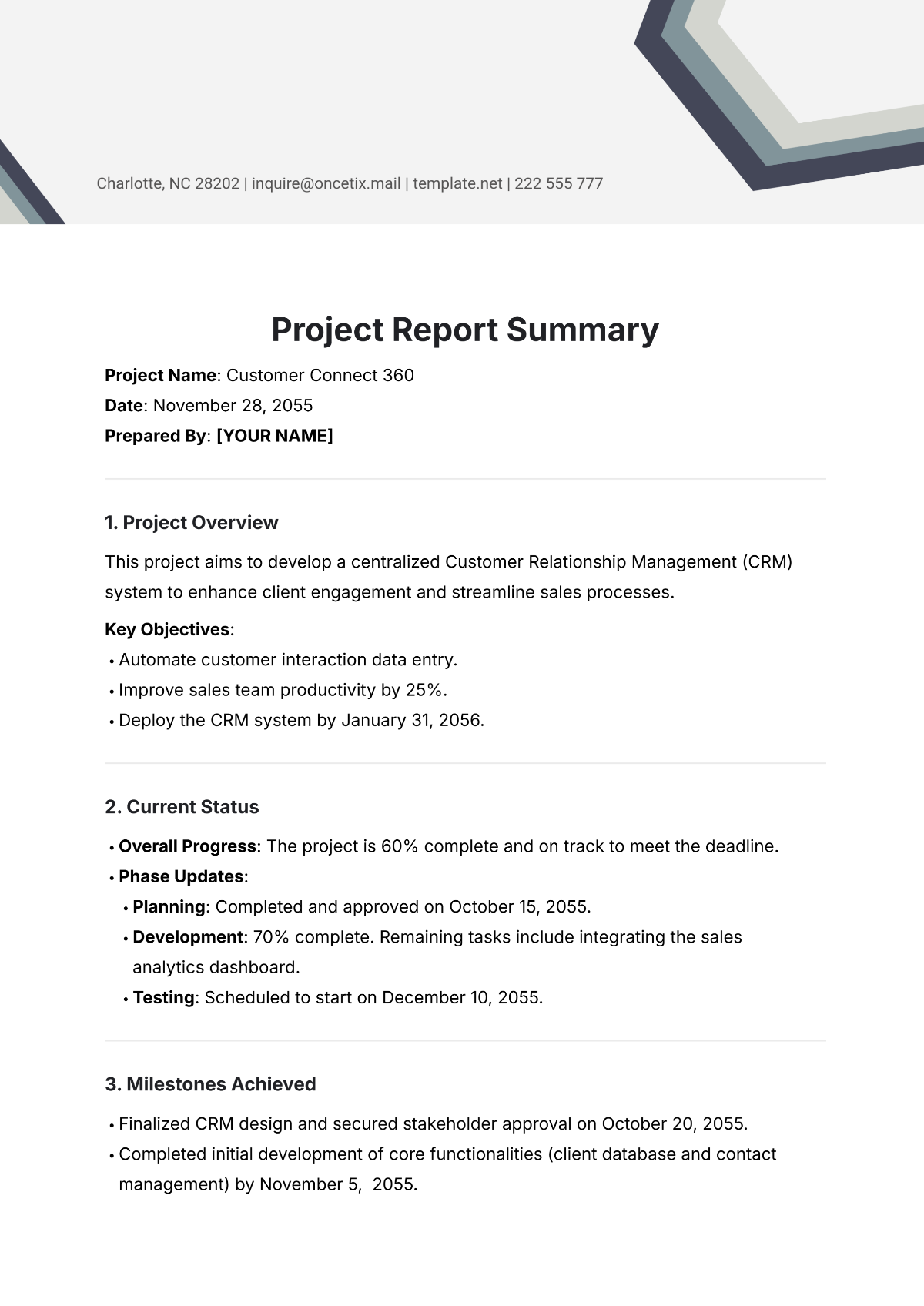Free College Project Report
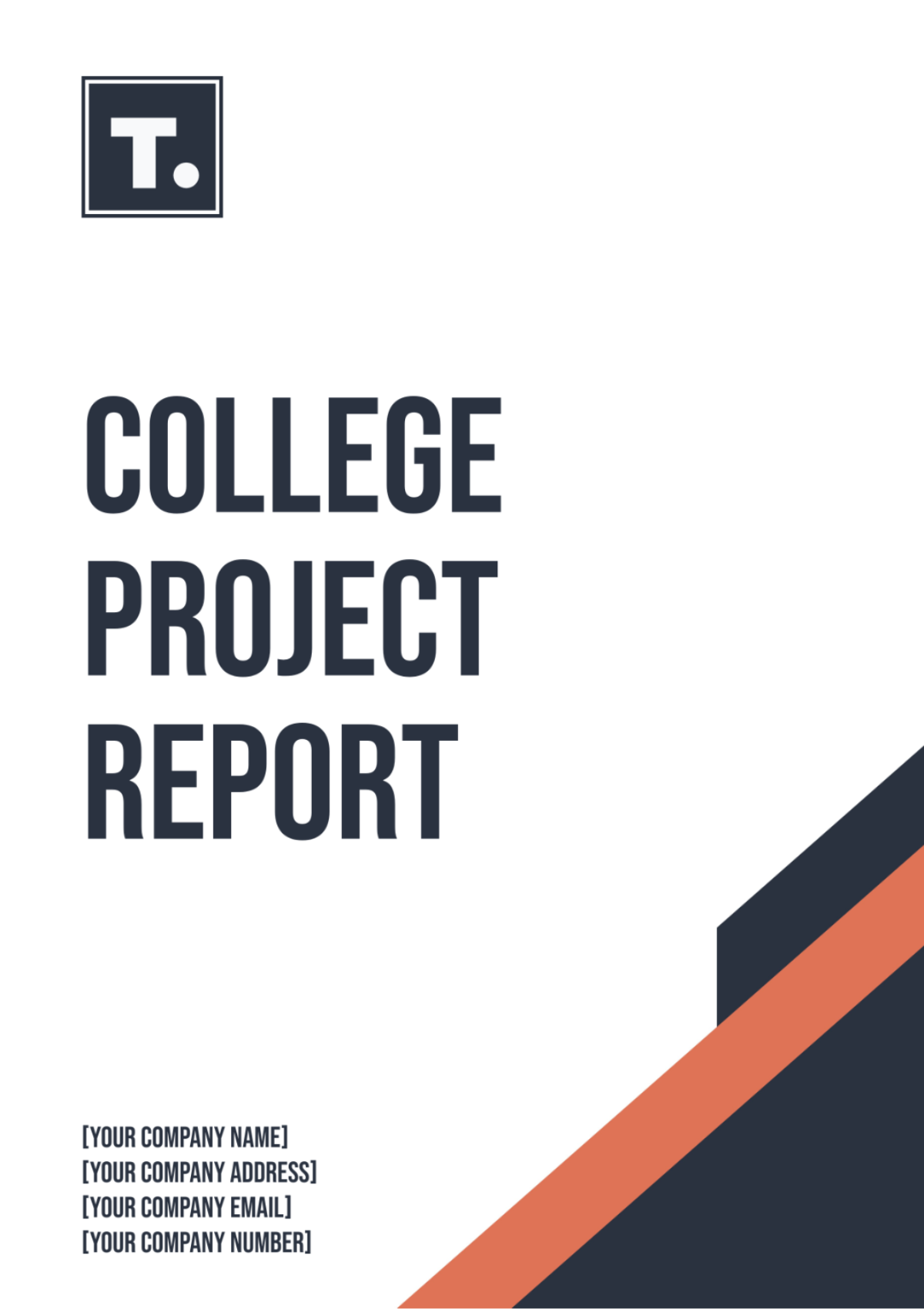
- 100% Customizable, free editor
- Access 1 Million+ Templates, photo’s & graphics
- Download or share as a template
- Click and replace photos, graphics, text, backgrounds
- Resize, crop, AI write & more
- Access advanced editor
Achieve academic excellence with Template.net's College Project Report Template. This fully editable and customizable template is designed to help college students present their projects effectively. Utilize our Ai Editor Tool to tailor the template to your specific project requirements. Perfect for ensuring your report stands out, this template provides a polished and professional presentation
You may also like
- Sales Report
- Daily Report
- Project Report
- Business Report
- Weekly Report
- Incident Report
- Annual Report
- Report Layout
- Report Design
- Progress Report
- Marketing Report
- Company Report
- Monthly Report
- Audit Report
- Status Report
- School Report
- Reports Hr
- Management Report
- Project Status Report
- Handover Report
- Health And Safety Report
- Restaurant Report
- Construction Report
- Research Report
- Evaluation Report
- Investigation Report
- Employee Report
- Advertising Report
- Weekly Status Report
- Project Management Report
- Finance Report
- Service Report
- Technical Report
- Meeting Report
- Quarterly Report
- Inspection Report
- Medical Report
- Test Report
- Summary Report
- Inventory Report
- Valuation Report
- Operations Report
- Payroll Report
- Training Report
- Job Report
- Case Report
- Performance Report
- Board Report
- Internal Audit Report
- Student Report
- Monthly Management Report
- Small Business Report
- Accident Report
- Call Center Report
- Activity Report
- IT and Software Report
- Internship Report
- Visit Report
- Product Report
- Book Report
- Property Report
- Recruitment Report
- University Report
- Event Report
- SEO Report
- Conference Report
- Narrative Report
- Nursing Home Report
- Preschool Report
- Call Report
- Customer Report
- Employee Incident Report
- Accomplishment Report
- Social Media Report
- Work From Home Report
- Security Report
- Damage Report
- Quality Report
- Internal Report
- Nurse Report
- Real Estate Report
- Hotel Report
- Equipment Report
- Credit Report
- Field Report
- Non Profit Report
- Maintenance Report
- News Report
- Survey Report
- Executive Report
- Law Firm Report
- Advertising Agency Report
- Interior Design Report
- Travel Agency Report
- Stock Report
- Salon Report
- Bug Report
- Workplace Report
- Action Report
- Investor Report
- Cleaning Services Report
- Consulting Report
- Freelancer Report
- Site Visit Report
- Trip Report
- Classroom Observation Report
- Vehicle Report
- Final Report
- Software Report
College Project Report
Project Title: | [ENTER THE TITLE OF THE PROJECT] |
Student's Name: | [Your Name] |
Date of Submission: | [DATE] |
I. Introduction
A. Background Information
The project focuses on exploring the impact of social media usage on mental health among adolescents. Social media has become an integral part of daily life for many young people, but concerns have been raised about its potential negative effects on mental well-being.
B. Research Questions/Objectives
To investigate the relationship between social media usage patterns and mental health outcomes among adolescents.
To explore the role of specific social media platforms (e.g., Instagram, Snapchat) in influencing mental health outcomes.
To identify potential moderators or mediators of the relationship between social media use and mental health, such as self-esteem or social support.
C. Purpose of the Project
This research aims to provide a better understanding of the complex interplay between social media usage and mental health among adolescents. By identifying specific factors that contribute to both positive and negative outcomes, interventions and strategies can be developed to promote healthier digital habits and support adolescent well-being.
II. Literature Review
A. Review of Relevant Literature
The literature review will examine studies investigating the relationship between social media use and mental health outcomes among adolescents. Key topics include the impact of social comparison, cyberbullying, and digital self-presentation on psychological well-being.
B. Previous Research and Studies
Prior research has found mixed results regarding the association between social media use and mental health. While some studies have reported negative effects such as increased feelings of loneliness and depression, others have highlighted potential benefits such as social support and identity exploration.
C. Theoretical Framework (if applicable)
This study will be guided by the Social Cognitive Theory, which emphasizes the importance of observational learning, self-regulation, and environmental influences in shaping behavior. This framework provides a lens through which to examine how social media exposure may influence cognitive and affective processes related to mental health.
III. Methodology
A. Research Design
A longitudinal, correlational design will be employed to examine the relationship between social media use and mental health outcomes over time. Participants will complete surveys assessing social media usage patterns, mental health symptoms, and relevant psycho-social variables at multiple time points.
B. Data Collection Methods
Data will be collected through online surveys administered to a sample of adolescents recruited from local schools and community organizations. Surveys will be administered at three-time points: baseline, six months, and one year.
C. Sampling Techniques
Convenience sampling will be used to recruit participants from diverse backgrounds. Efforts will be made to ensure adequate representation across age, gender, and socioeconomic status to enhance the generalization of the findings.
D. Data Analysis Procedures
Hierarchical linear modeling will be used to analyze the longitudinal data, allowing for the examination of within-person changes in social media use and mental health outcomes over time. Potential moderators and mediators will be tested using mediation and moderation analyses.
IV. Results
A. Presentation of Findings
Preliminary analyses indicate a significant positive correlation between daily social media use and symptoms of depression and anxiety. However, further analyses will be conducted to explore the potential moderating effects of self-esteem and social support.
Time Point | Mean Social Media Use (hours/day) | Mean Mental Health Symptoms |
|---|---|---|
Baseline | 2.5 | 15.2 |
6 months | 3.0 | 16.8 |
1 year | 2.8 | 18.5 |
The table depicts the mean levels of social media use and mental health symptoms across the three-time points.
B. Statistical Analysis (if applicable)
Results of the moderation analysis suggest that self-esteem moderates the relationship between social media use and depression, such that the association is weaker for adolescents with higher levels of self-esteem.
V. Discussion
A. Interpretation of Results
The findings suggest that while social media use may be associated with negative mental health outcomes, individual differences in self-esteem play a significant role in moderating this relationship. This highlights the importance of considering individual factors in understanding the impact of social media on adolescent well-being.
B. Comparison with Literature
The results are consistent with previous research highlighting the complex nature of the relationship between social media use and mental health. However, the moderating effect of self-esteem adds nuance to our understanding, emphasizing the need for personalized interventions.
C. Implications of Findings
These findings have important implications for designing interventions aimed at promoting healthy social media use among adolescents. Strategies that focus on enhancing self-esteem and fostering positive online interactions may help mitigate the negative effects of excessive social media use.
D. Limitations of the Study
Limitations include the use of self-report measures, which are subject to biases such as social desirability. Additionally, the sample may not be representative of the broader adolescent population, limiting the generalization of the findings.
VI. Conclusion
A. Summary of Key Findings
Overall, the study provides valuable insights into the relationship between social media use and mental health among adolescents. The findings underscore the need for further research to elucidate the underlying mechanisms and develop targeted interventions.
B. Contributions to the Field
This research contributes to the growing body of literature on social media and mental health by highlighting the role of individual differences in shaping the relationships. By addressing this gap, it advances our understanding of how to promote healthy digital habits among young people.
C. Suggestions for Future Research
Future research should explore additional factors that may influence the relationship between social media use and mental health, such as peer relationships and parental monitoring. Longitudinal studies with larger, more diverse samples are needed to confirm and extend these findings.
VII. Appendices: (if applicable)
Appendix A: contains the full survey instrument used in the study, including measures of social media use, mental health symptoms, and psychosocial variables.
Raw Data: The raw data collected during the study are available upon request for further analysis or verification of the results.
Questionnaires: Copies of the questionnaires used to assess social media use and mental health outcomes are included in Appendix B for reference.
Additional Analyses: Appendix C presents additional analyses exploring the moderating effects of gender and age on the relationship between social media use and mental health.
